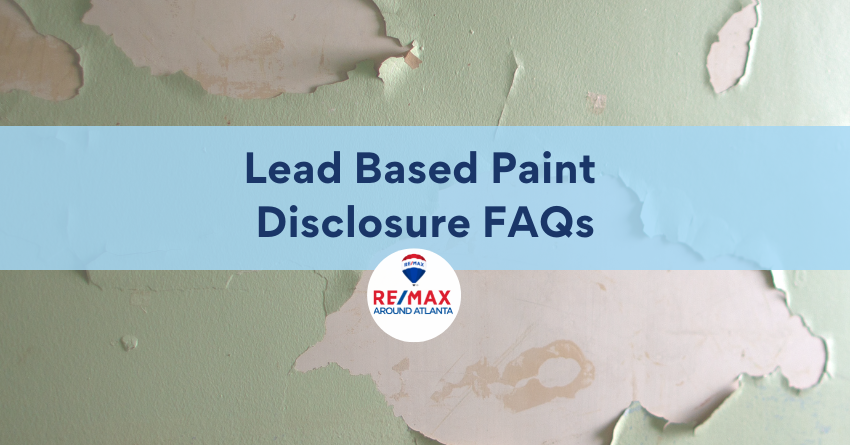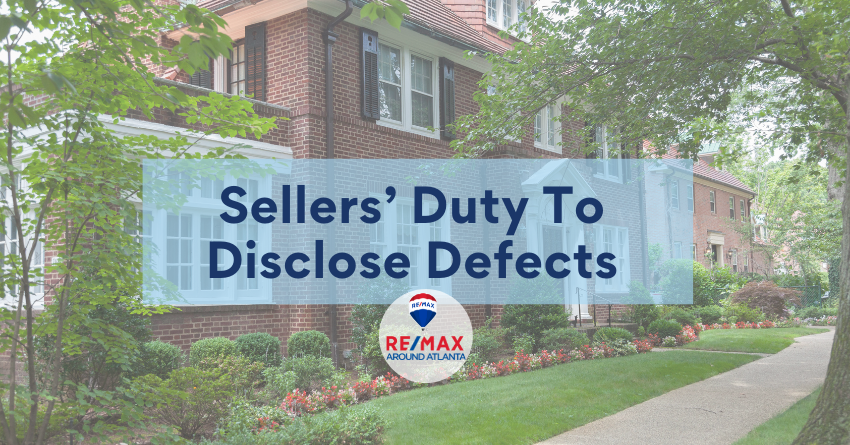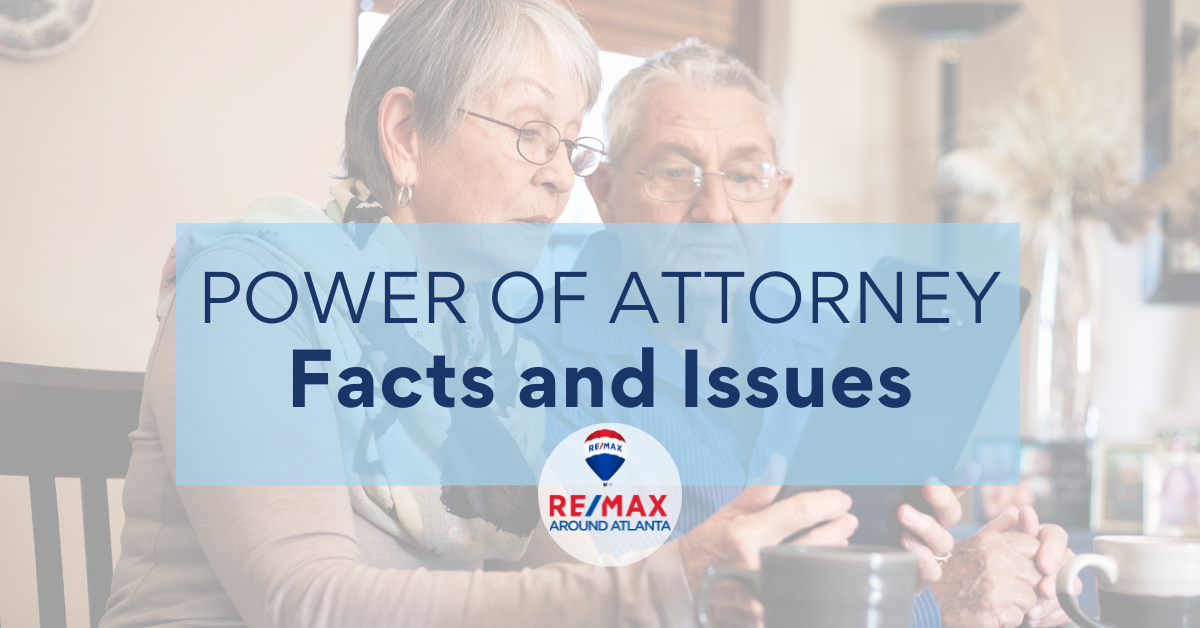|
We are often faced with selling property after an owner has died. Every situation is different, but here are a few basics you should know. The following are examples starting from the quickest and easiest to the more time consuming and difficult.
Joint Tenancy with Right of Survivorship Property owned in joint tenancy with the right of survivorship automatically passes to the surviving owners when one owner dies. No probate is necessary. Joint tenancy can be used when couples (married or not) acquire real estate, vehicles, bank accounts or other valuable property together. Property Held in A Living Trust A Living Trust is basically an alternative to a will for the property held in the Living Trust. A decedent creates a Living Trust before death, just like a will. Title to property is transferred to and held in the Living Trust and beneficiaries are named. The creator of the trust is the initial Trustee and has the power to sell it as the Trustee while the initial Trustee is alive. In the Living Trust document, a successor Trustee is named and the beneficiaries of the living trust are named. Except for the Joint Tenancy with Right of Survivorship, this is the easiest way to transfer property after death without the property going through probate court. No probate, no court and no judges are involved. The property can be promptly transferred to the beneficiaries. The Living Trust is becoming very popular, for good reasons. If Tom Thompson is the owner of property held in a Living Trust and he wants to transfer it during his lifetime, he would execute a Purchase and Sale Agreement as Tom Thompson, Trustee of the Living Trust of Tom Thompson. If there are 2 or more trustees in the living trust, both or all must execute purchase agreements and closing documents. The closing attorney will request the living trust document and will examine it prior to closing to be certain the document includes proper authority to sell. Property of a Decedent That Died With a Will An estate with real property that is NOT a part of a joint tenancy or in a Living Trust will have to be administered by the probate court or “go through probate.” If the will names an Executor with expanded powers, including the power to transfer real estate, then the Probate Court is petitioned by the Executor or Executor’s attorney for a “Letter Testamentary.” When the “Letter Testamentary” is granted, the Executor can legally sell the property as the representative of the Estate. If an Executor is not named or the Executor was not granted the expanded power to sell property in the estate, then the Executor has to petition the court for leave to sell and the court then has to grant permission to sell. It can get complicated. Before granting permission to sell, the court must notify all heirs or beneficiaries and ask for any objections to the court granting an ability to sell to the Executor. If there are objections, a hearing may be required. The Executor cannot sell the property until the process has concluded. Obviously, the process of obtaining court permission to sell in a limited power situation is time consuming and expensive. Property of a Decedent that died Without a Will The proper term for the situation of death without a will is that the party died intestate. Georgia law controls the distribution to beneficiaries of an intestate estate. The representative for the estate is called an Administrator. The probate court names the Administrator, who performs the same functions as an Executor. How long does all of this take? Joint Tenancy with Right of Survivorship and Property Held in A Living Trust are the quickest and easiest ways to transfer real estate. Assuming no complications, property can be sold almost immediately with Joint Tenancy and Living Trusts. Other property that goes through probate, particularly property in an intestate estate, can take months to years. If a seller comes to you with Letters Testamentary or Administrative Letters already in their possession, you can list and sell right away. Otherwise, count on a significant delay. Note: Probate cannot be avoided entirely. Even if all of the property, including real property, cash, stock and insurance policies, in an estate can pass directly to the joint partner and beneficiaries, the probate court still requires that a will be validated. The probate court must also approve any requests to avoid probate. Moral of this article: Before you list and sell real property after an owner’s death, be certain that the Executor or Administrator has the proper authority to sell in the form of Letters Testamentary or Administration. If in doubt, contact one of the Broker Team or your closing attorney!
0 Comments
Each person on a deed must execute the Seller Brokerage Agreement
If two or more persons own the property, each name must be listed as a seller on the Seller’s Brokerage Engagement and each owner must sign it. Likewise, each individual buyer whose name will be listed on the title must be listed as a buyer on the purchase agreement, and each should sign it. In Georgia, which is not a community property state, even if a married person owns property individually, the spouse may still need to sign a seller brokerage engagement. That is because the non-owning spouse may have equitable rights to property held solely in the name of the other spouse. For example, if the wife is the only titleholder of record, the husband may nonetheless have an equitable interest in the property. As a precaution, most closing attorneys will require that the husband sign a quitclaim deed transferring whatever equitable interest the husband may have in the property before the property can be transferred. In a transaction in which the buyer is getting a mortgage, the closing attorney is representing the lender. If there is a dispute between the parties, the closing attorney, acting as Holder, has the same rights and duties of any other holder and holder may disburse the earnest money after 10-day letters and upon a reasonable interpretation of the Agreement.
It gets a bit more complicated when the transaction is all cash. In that event, there is no lender to represent, so the closing attorney is representing either the buyer or the seller. If the transaction is written on GAR forms, the Purchase and Sale Agreement states that the closing attorney in an all-cash transaction represents the buyer. Fiduciary Duty. Unlike Realtors®, who do not own fiduciary duties to clients, attorneys in Georgia do owe fiduciary duties to their clients. Therefore, attorneys must protect the best interest of their client and cannot act against their best interests. If there is a dispute, the closing attorney therefore has a potential conflict of interest. Per the GAR F510, Closing Attorney Acting as Holder of Earnest Money, the closing attorney’s only remedy is to interplead the funds into a court of competent jurisdiction. (GAR F510 p.8). Things happen. The cash buyer could default and the parties can’t come to an agreement regarding the earnest money. The closing attorney is blocked from disbursing funds to the seller because of fiduciary duty. So, the attorney must interplead the funds. Then the parties wait, pay the costs of filing and litigation, possibly lose the interpleader and then pay the other parties costs of litigation. A waste of both client funds and everybody’s time. Here’s the takeaway. If you want to avoid an interpleader in an all-cash transaction, consider NOT naming the closing attorney as the holder of earnest money. Your clients will thank you. Duty To Disclose
A seller of residential property owes a duty to disclose to prospective buyers hidden or latent defects in a property of which the seller knows of or should have known and that the buyer could not discover upon a reasonably diligent inspection of the property. The GAR Seller Property Disclosure (SPD) forms are the created for this purpose. Disclosing latent defects (and arguable latent defects) on these forms protects the Seller against claims of fraud and breach of contract. Even if a property is sold “as is,” known latent defects must be disclosed by the seller. In the GAR form Property Sold with Right to Request Repairs, the buyer ‘s right to request repairs is limited to defects that were not disclosed in an SPD (so long as items are working). Further, a lawsuit for fraudulent concealment will not be successful if the Seller disclosed the defect on the SPD. The more the Seller discloses on the SPD, the less chance there is of an accusation of fraud. It is recommended that the long form be used whenever possible. We’ve had several Power of Attorney (POA) issues arise recently, so this week’s Broker Corner is a review of facts and issues to watch for in selling or buying real estate with a POA.
A POA to purchase or sell real estate must be in writing. Since a contract for the sale of land must be in writing, the power of attorney giving someone the authority to sign a real estate contract on someone else’s behalf also must be in writing. A POA must be witnessed and notarized if it to be used for the sale or purchase of real estate, but it is not required to be recorded. Because a deed must be witnessed and notarized, the power of attorney must also be witnessed and notarized. A party may (but is not required to) record a power of attorney. If a party chooses to record the POA, the power of attorney may be recorded as a supporting document for the property deed. |
RMAAReal Estate News, Brokers Blog & More Categories
All
Archives
April 2024
|






 RSS Feed
RSS Feed